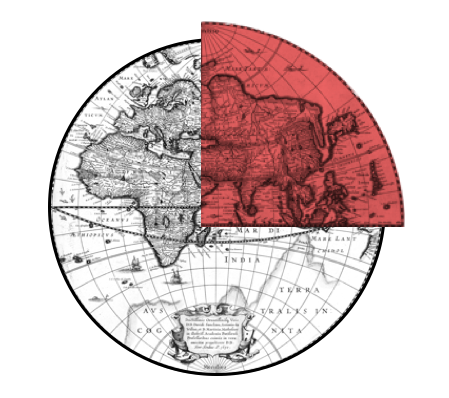Season 1: History-writing in East Asia

Episode1: Introducing 15past15
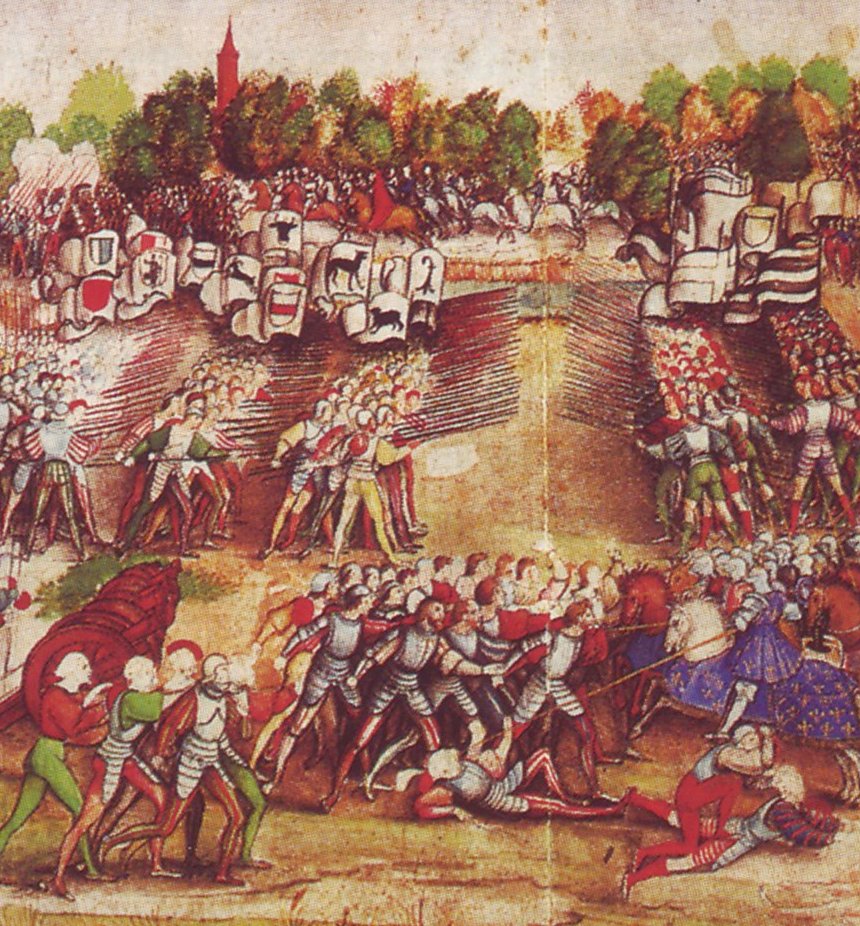
15 January 2019 | Martin Dusinberre and Birgit Tremml Werner introduce 15past15
Episode 2: Confucius's Comeback
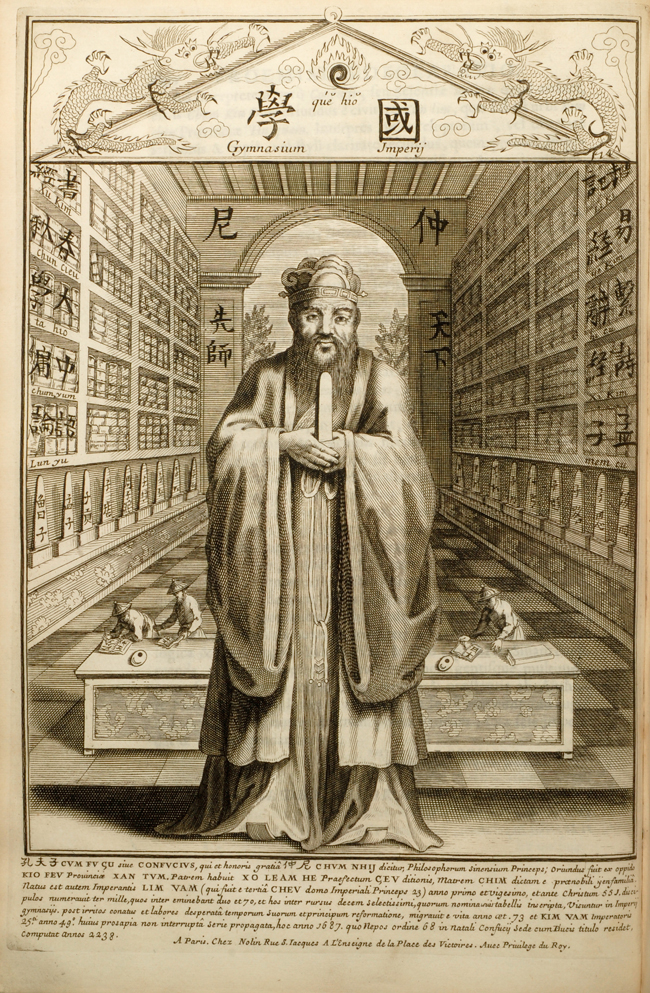
15 January 2019 | Joachim Kurtz discusses the changing ways in which Confucius has been understood in the last five hundred years—from “philosopher” to “Chinese” sage whose teachings are incompatible with Western modernity. Interviewed by Martin Dusinberre.
Episode 3: When did Taiwan Begin?
_LJ.jpg)
22 January 2019 | Leigh Jenco considers what debates about the history of Taiwan in seventeenth-century China bring to our theoretical understanding of imperialism. Interviewed by Martin Dusinberre and Birgit Tremml Werner.
Episode 4: Translating the Republic of Letters
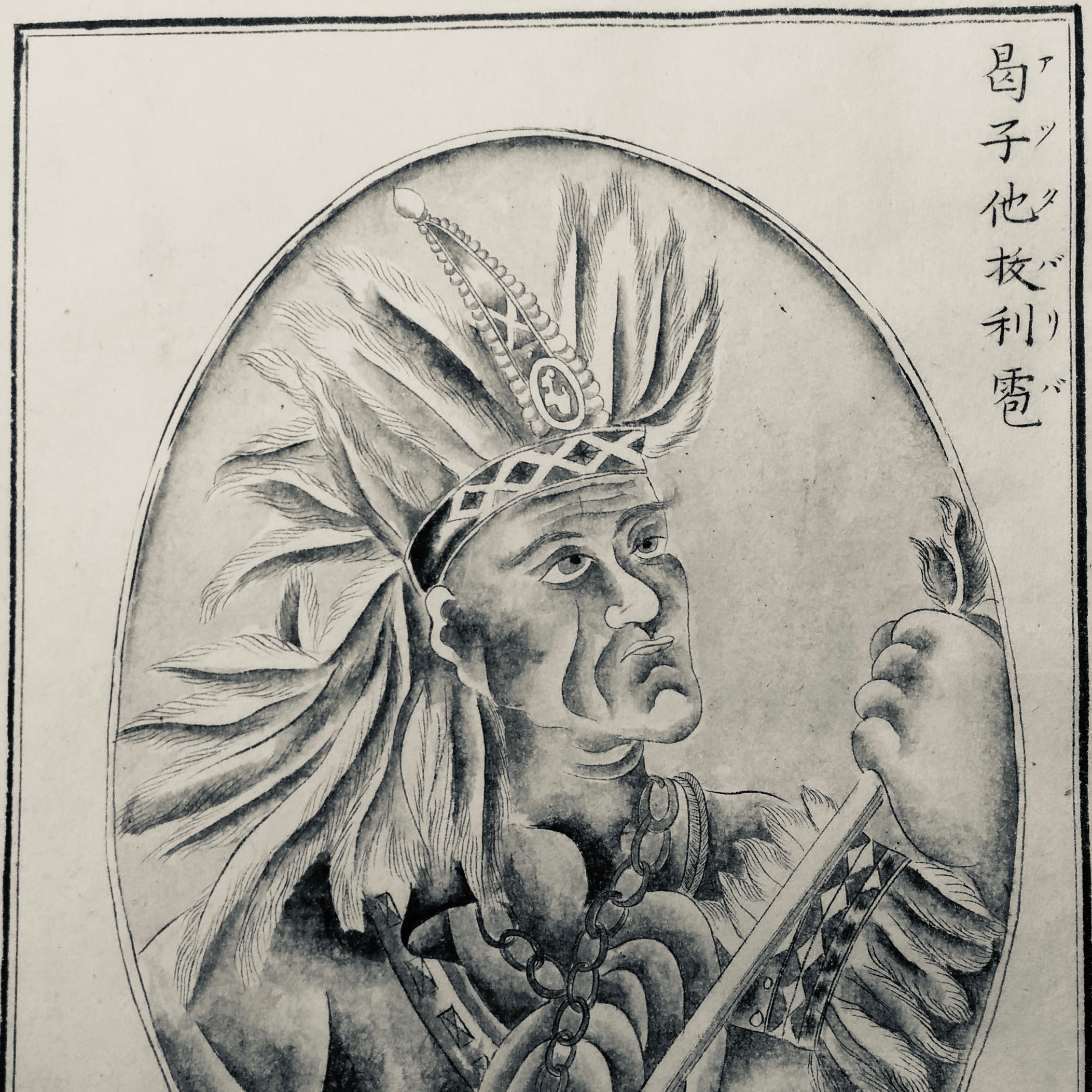
29 January 2019 | David Mervart traces the entanglements of foreign trade and book collecting in so-called “closed Japan”, and the ways that Japanese translators came to conceive of—and embody—the republic of letters. Interviewed by Martin Dusinberre and Birgit Tremml Werner.
Episode 5: China in Japan's Modern Time
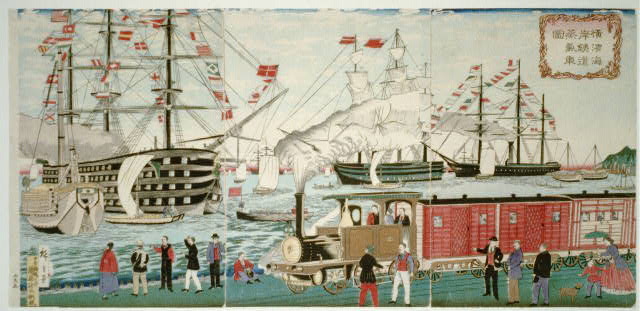
5 February 2019 | Stefan Tanaka suggests that Japanese intellectuals “discovered” Japan’s past in the mid-nineteenth century, both by reconsidering China’s place in the world and by thinking about time in new ways.
Interviewed by Martin Dusinberre and Birgit Tremml Werner.
Episode 6: Professionalising Japan's Past
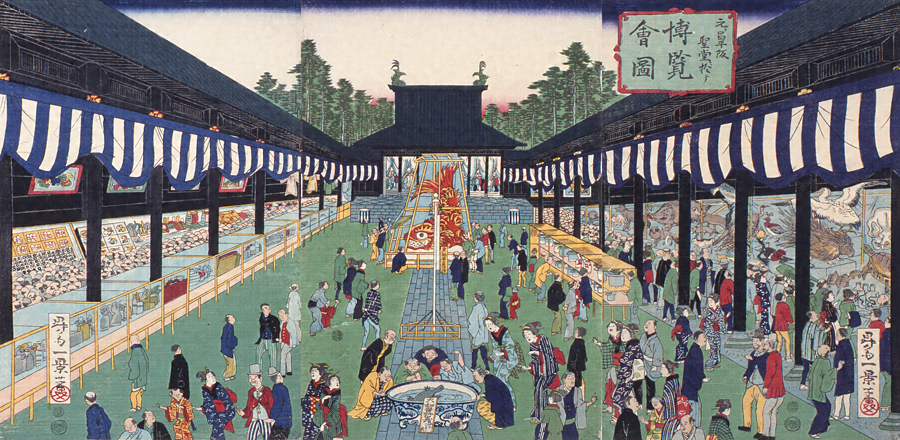
12 February 2019 | Lisa Yoshikawa illustrates how academic historians in modern Japan used the professionalisation of studying and writing about the past to establish politically opportune narratives for a modern imperial state.
Interviewed by Birgit Tremml Werner and Martin Dusinberre.
Episode 7: The Columbus of Japan
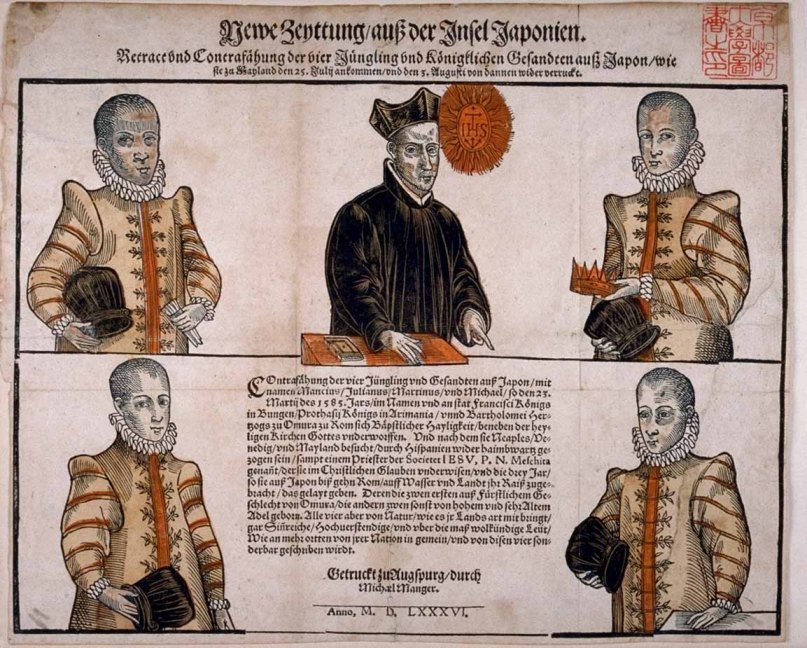
19 February 2019 | Birgit Tremml-Werner introduces Yamada Nagamasa (1590-1630), whom some scholars called the “Columbus of Japan” in the 1940s—a label, she argues, which tells us as much about twentieth-century as seventeenth-century history. Interviewed by Joachim Kurtz and Martin Dusinberre.
Episode 8: Misreading the Macartney Mission
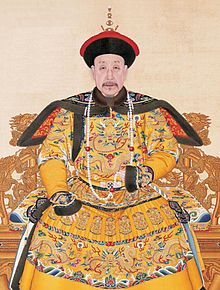
26 February 2019 | Henrietta Harrison examines how Lord Macartney’s mission to Qing China in 1793 has been archivally framed in the West and in China, leading to the idea that Chinese international relations particularly prioritised ritual and tribute. Interviewed by Martin Dusinberre and Birgit Tremml Werner.
Episode 9: Persuasion with China's Past
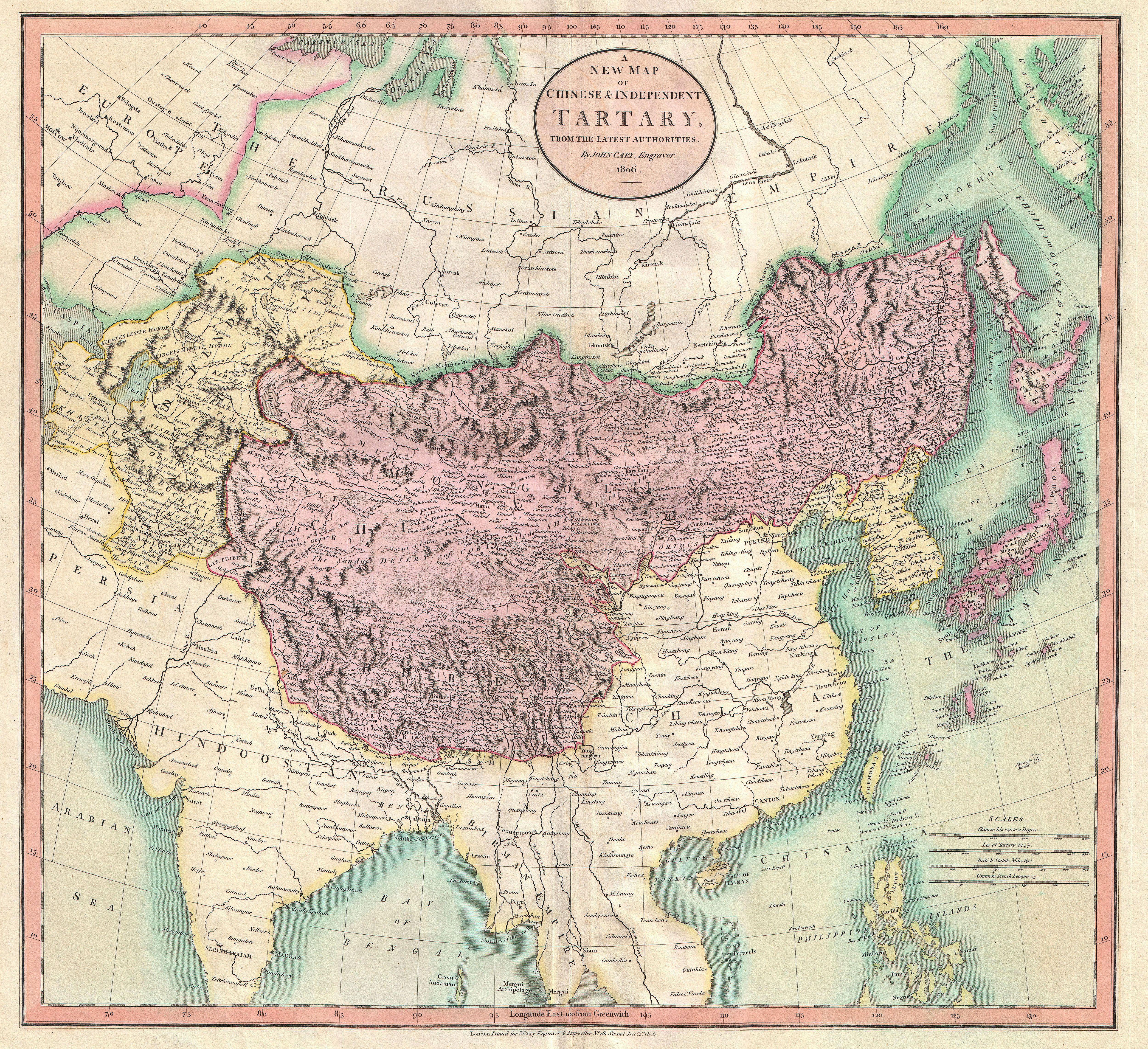
5 March 2019 | Jonathan Chappell explains how the historical reference points for Qing empire officials changed across the nineteenth century, especially with regard to the management of China’s borderlands. Interviewed by Martin Dusinberre.
Episode 10: Writing Women in late-Qing China

12 March 2019 | Joan Judge traces the shifting repertoire of exemplary models for women as Qing China struggled with national reform and historical time on the eve of the 1911 Revolution. Interviewed by Martin Dusinberre.
Episode 11: Chinese Utopias
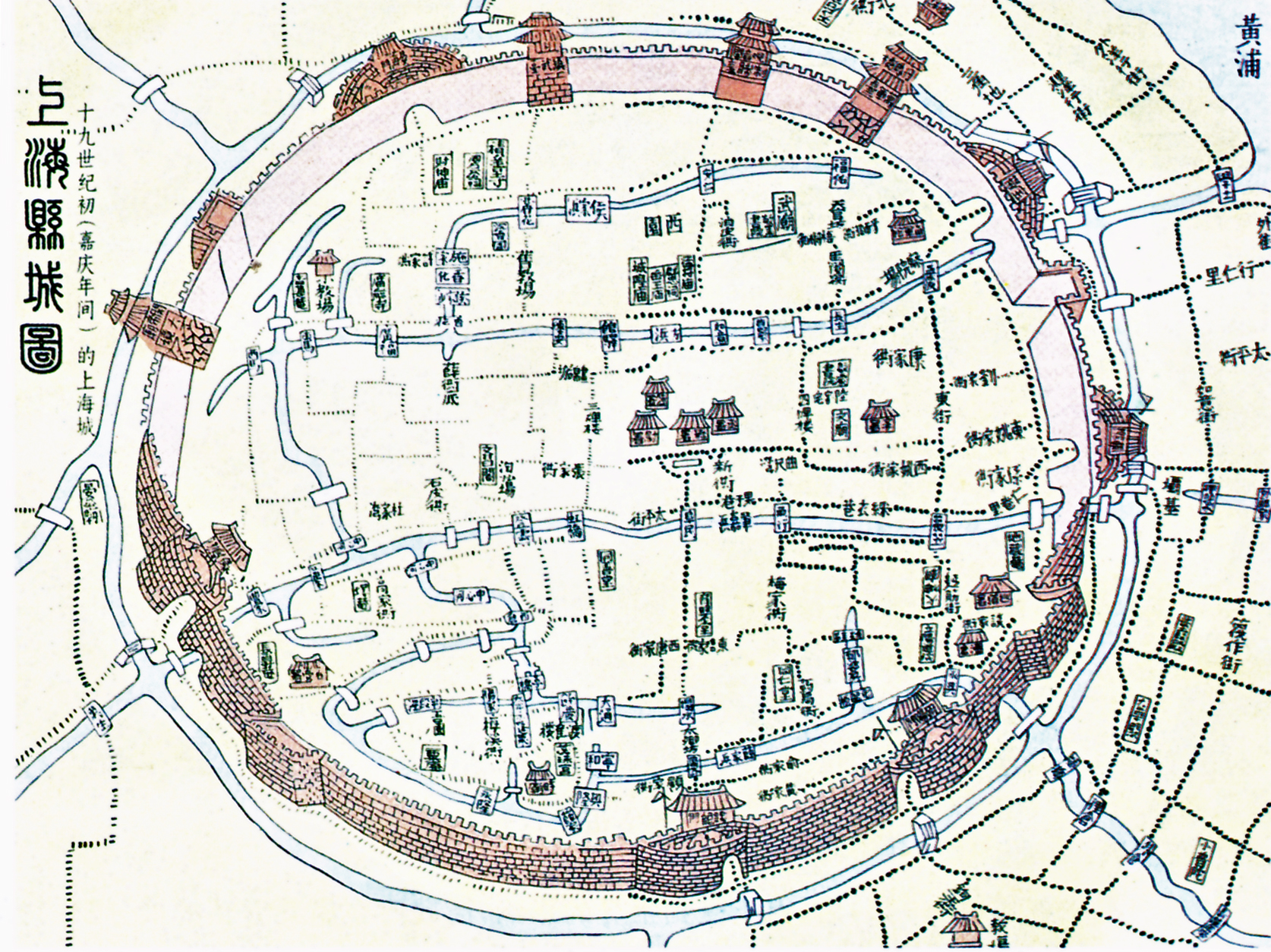
19 March 2019 | Lorenzo Andolfatto shows how societal transformations in late-nineteenth century China were reflected in the utopian popular literature. Interviewed by Martin Dusinberre and Birgit Tremml Werner.
Episode 12: Whose Renaissance?
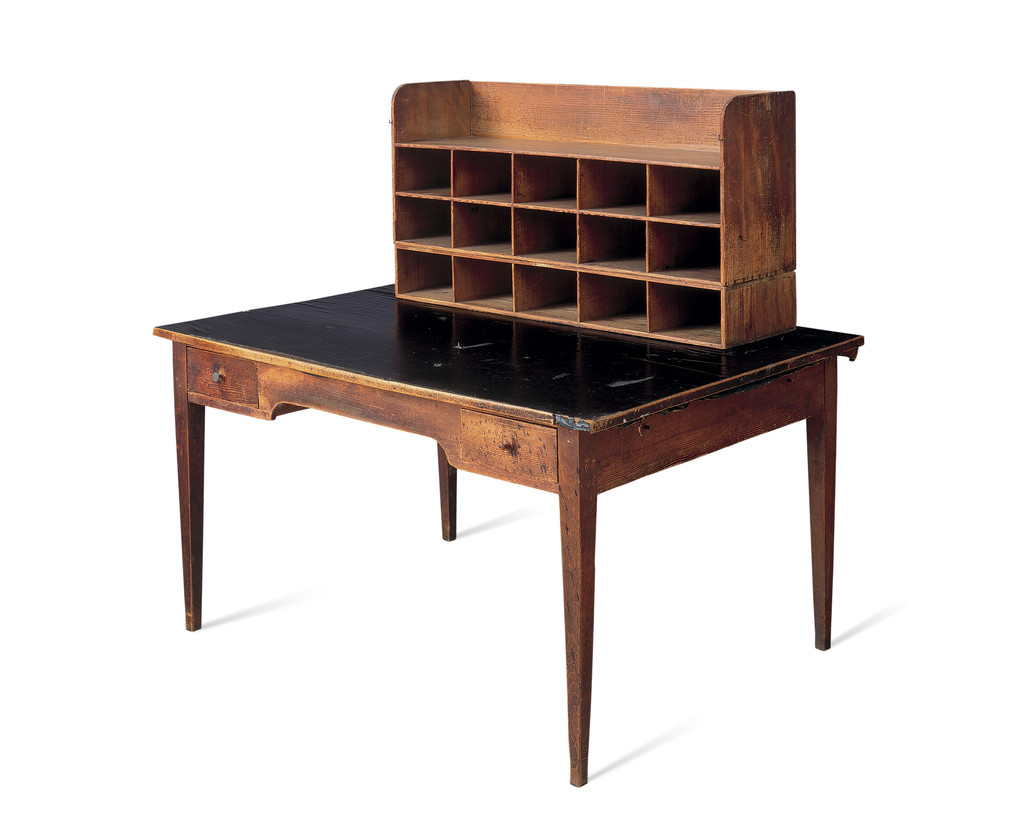
26 March 2019 | Pablo Blitstein discusses the methodological challenges that arise from studying “the Renaissance” in world history. Interviewed by Birgit Tremml Werner and Martin Dusinberre.
Episode 13: China's Renaissance
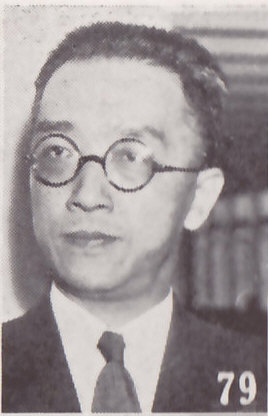
2 April 2019 | Barbara Mittler introduces the Chinese scholar Hu Shi’s conception of a Chinese renaissance in the early twentieth century and its implications for the writing of global history. Interviewed by Joachim Kurtz and Birgit Tremml Werner.
Episode 14: Japan and the Pacific Age
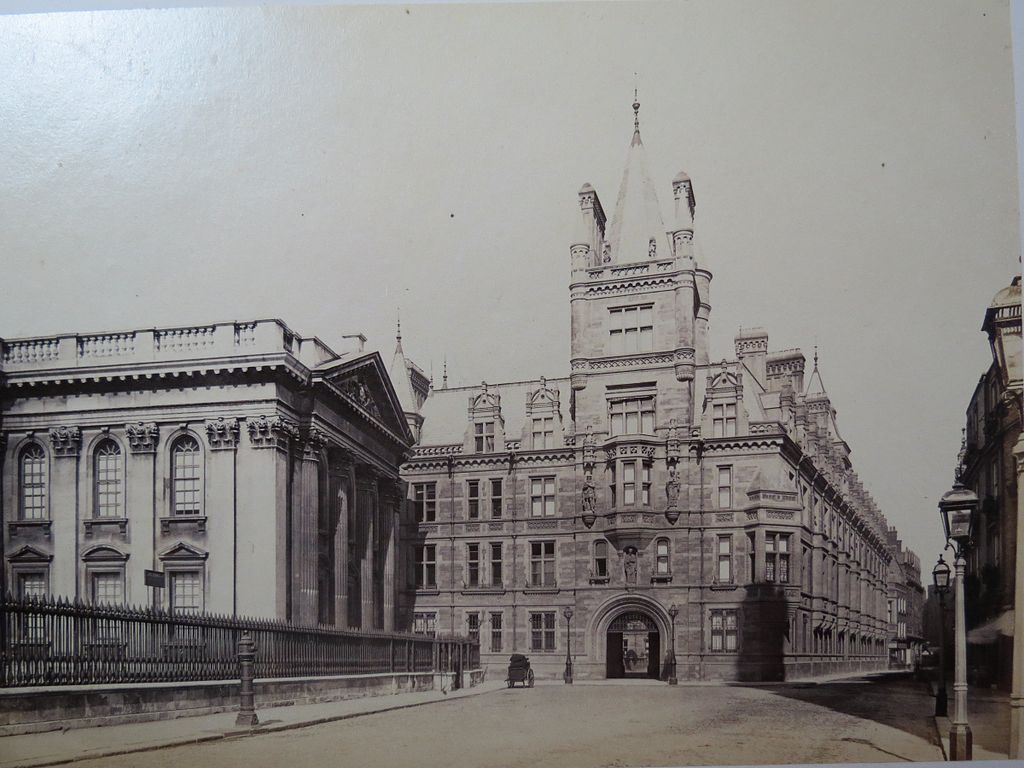
9 April 2019 | Martin Dusinberre examines both the importance of the Pacific Ocean in modern Japanese history and the challenges that come from trying to write the "Pacific Age". Interviewed by Joachim Kurtz and Birgit Tremml Werner.
Episode 15: Exhibiting China and Japan
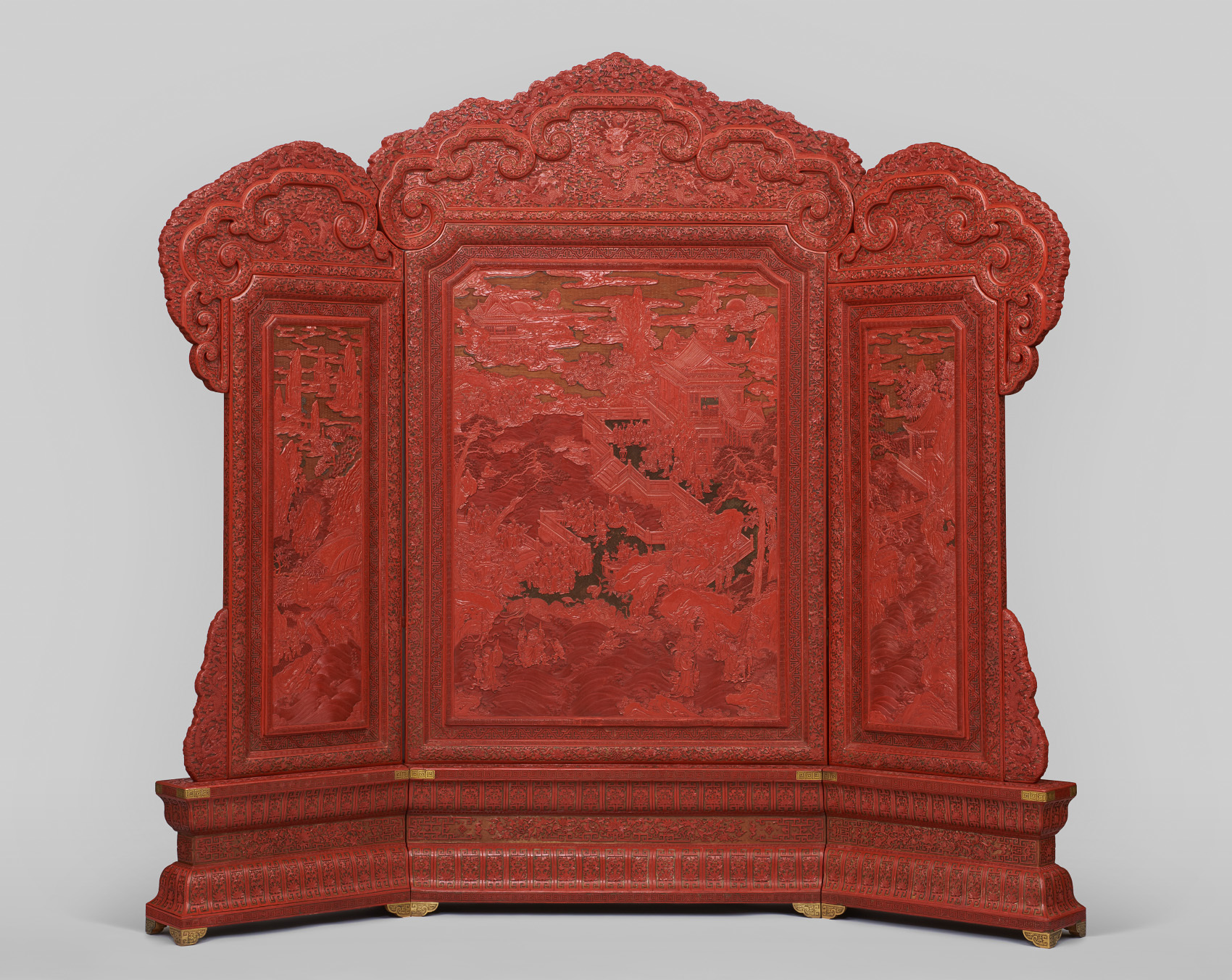
16 April 2019 | Bettina Zorn explains how objects of entangled histories illustrate Chinese and Japanese pasts in the East Asia collection of the Weltmuseum Wien. Interviewed by Birgit Tremml-Werner.

15past15 von Digital History Lab UZH ist lizenziert unter einer Creative Commons Namensnennung-Nicht kommerziell 4.0 International Lizenz.
